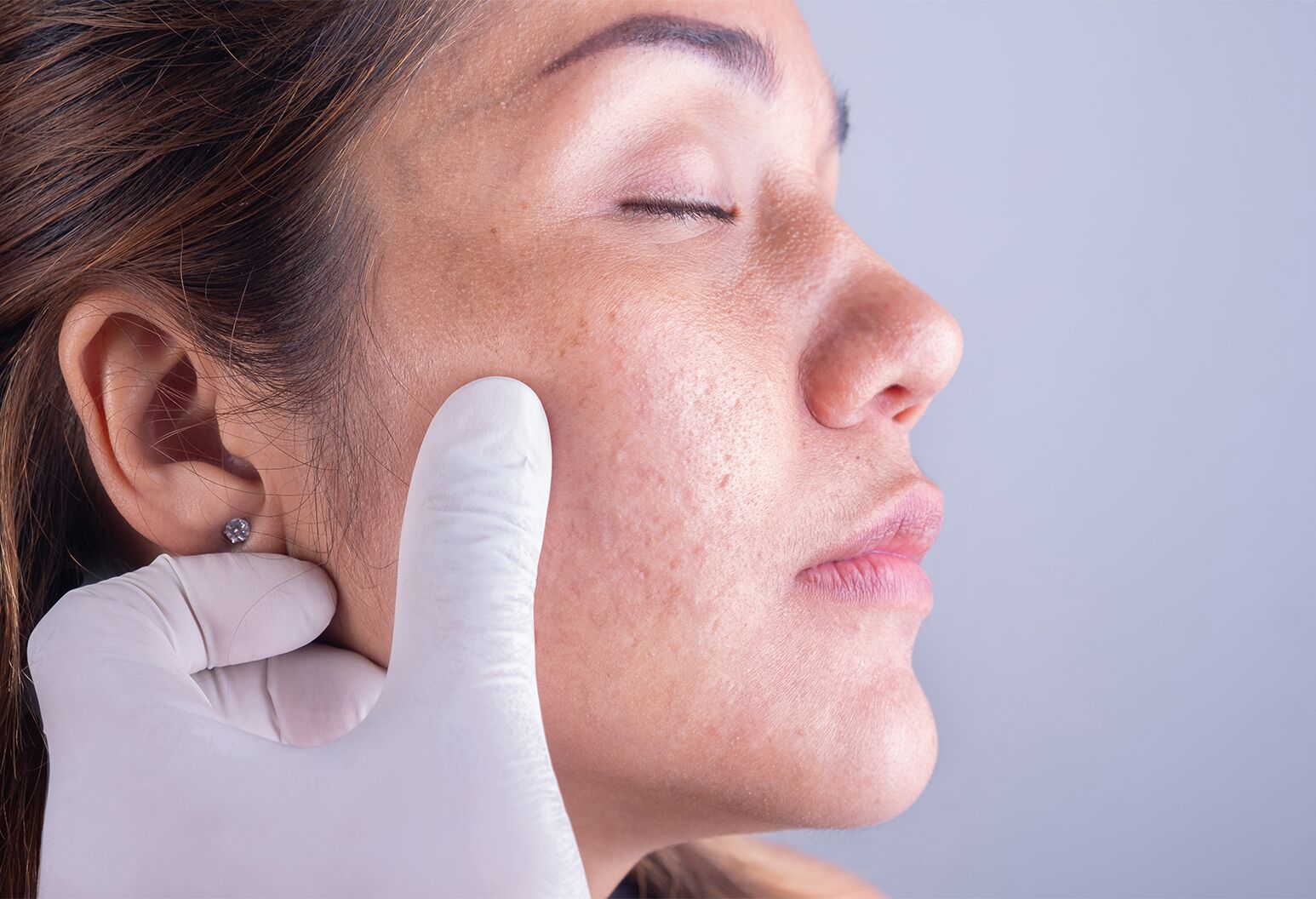Treat your skin to a professional chemical peel for smoother, glowing skin.
Treat your skin to a professional chemical peel for smoother, glowing skin.
Blog Article
Navigating Skin Cancer Cells Therapy: The Vital Role of Mohs in Modern Dermatology Practices
Skin cancer, a daunting medical diagnosis, usually leaves people facing various therapy choices. Among these, Mohs surgical treatment stands as a beacon in modern-day dermatology, renowned for its precise strategy to cancer elimination and preservation of bordering healthy cells. This innovative technique guarantees not just exceptional cosmetic end results however additionally provides prompt results, reducing client anxiousness. As we explore the ins and outs of this procedure, one will value its pivotal function in skin cancer cells treatment.
Understanding Skin Cancer Cells: Types and Dangers
There are 3 major kinds of skin cancer cells: Basic cell cancer, Squamous cell cancer, and Cancer malignancy. It accounts for only about 1% of skin cancer cases yet creates the substantial bulk of skin cancer cells deaths. Danger elements include fair skin, background of sunburn, too much sun direct exposure, living at high altitudes or close to the equator, having many moles, a family background of skin cancer, and compromised immune system.
What Is Mohs Surgical procedure and Exactly How It's Revolutionizing Skin Cancer Therapy
Despite the many treatments currently readily available for skin cancer cells, Mohs surgery attracts attention as a groundbreaking and extremely reliable option. Called after Frederic E. Mohs, the physician that created the procedure, Mohs surgical procedure is a specific surgical strategy used to treat skin cancer. During the procedure, thin layers of cancer-containing skin are considerably eliminated and checked out until only cancer-free cells continues to be. This method enables the surgeon to verify that all cancer cells have actually been removed at click site the time of surgery. This level of precision, integrated with the capacity to save as much healthy tissue as possible, is reinventing skin cancer cells therapy. Consequently, Mohs surgery has become a foundation of contemporary dermatology techniques.
The Advantages of Mohs Surgery Over Conventional Skin Cancer Treatments
Building on the ingenious nature of Mohs surgery, it's necessary to consider its countless advantages over traditional skin cancer cells treatments. Unlike standard procedures, Mohs provides a higher cure rate, typically reaching 99% for newbie treatments and 94% for reoccurring cancers. Additionally, it minimizes damages to healthy skin, leading to much less scarring and enhanced aesthetic end results.
The Treatment of Mohs Surgical Procedure: What to Expect During the Process

Possible Side Effects and Post-Operative Care of Mohs Surgery
Going through Mohs surgical treatment, like any type of various other medical treatment, entails potential side results that people must be mindful of. Common side results include discomfort, wounding, and swelling at the surgical treatment website. In some situations, added therapies may be required my sources to make certain total elimination of the cancerous cells.
Conclusion

Report this page